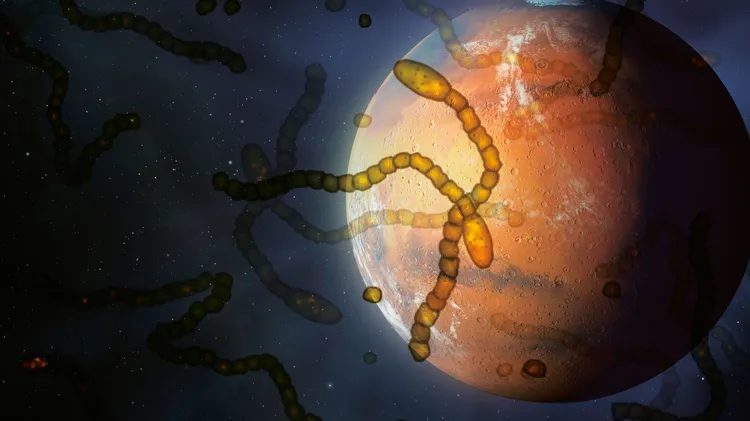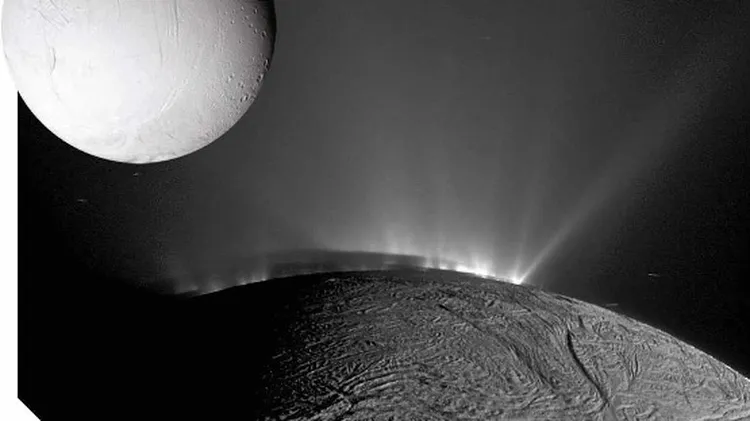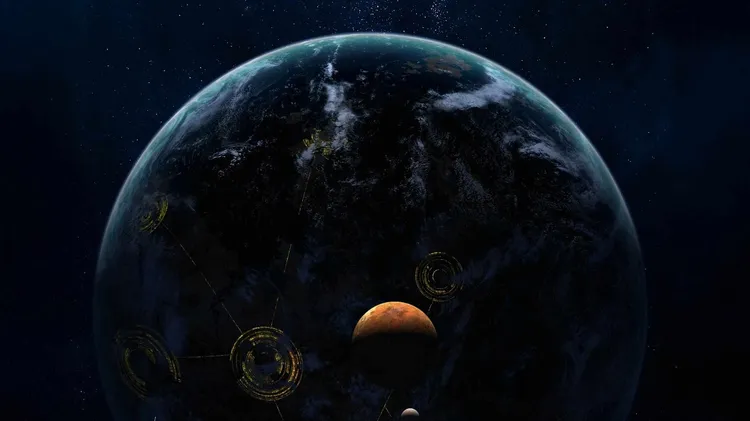Complex organic molecules may exist in the hellish atmosphere ab
Life in venus’s acid clouds
2 min read
This article is from...
Read this article and 8000+ more magazines and newspapers on Readly






